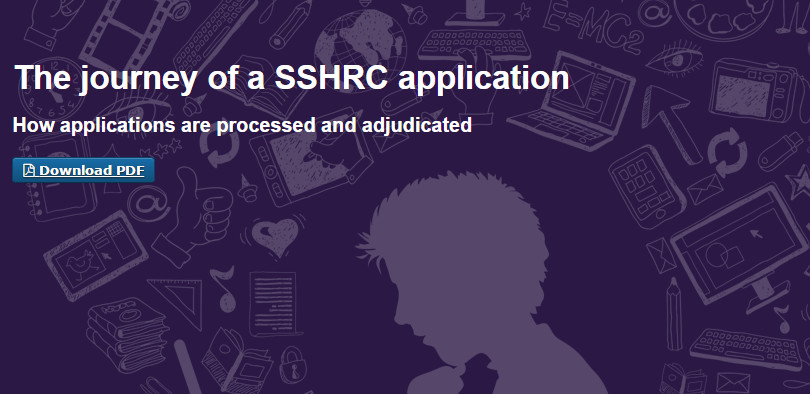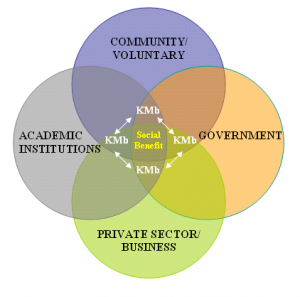SSHRC Connection Grant Workshop
Date: Friday, September 30th
Time: 11:30 – 1:00pm
Location: MSJ, Room 302A
Ready to mobilize your knowledge? SSHRC’s Connection Grants support events and outreach activities geared toward short-term, targeted knowledge mobilization initiatives such as workshops, colloquiums, conferences, forums, summer institutes, etc. Connection Grant funding is for one year, and there are four application deadlines throughout the year: February 1, May 1, August 1, and November 1. This workshop provides a detailed overview of SSHRC’s Connection grant, and the essentials needed to apply for this opportunity.
Dr. Steve Kleinknecht, a recipient of multiple Connection Grants over the years in both lead and co-lead applicant roles, will be on hand to answer specific questions and provide information based on his experiences with Connection grants.







